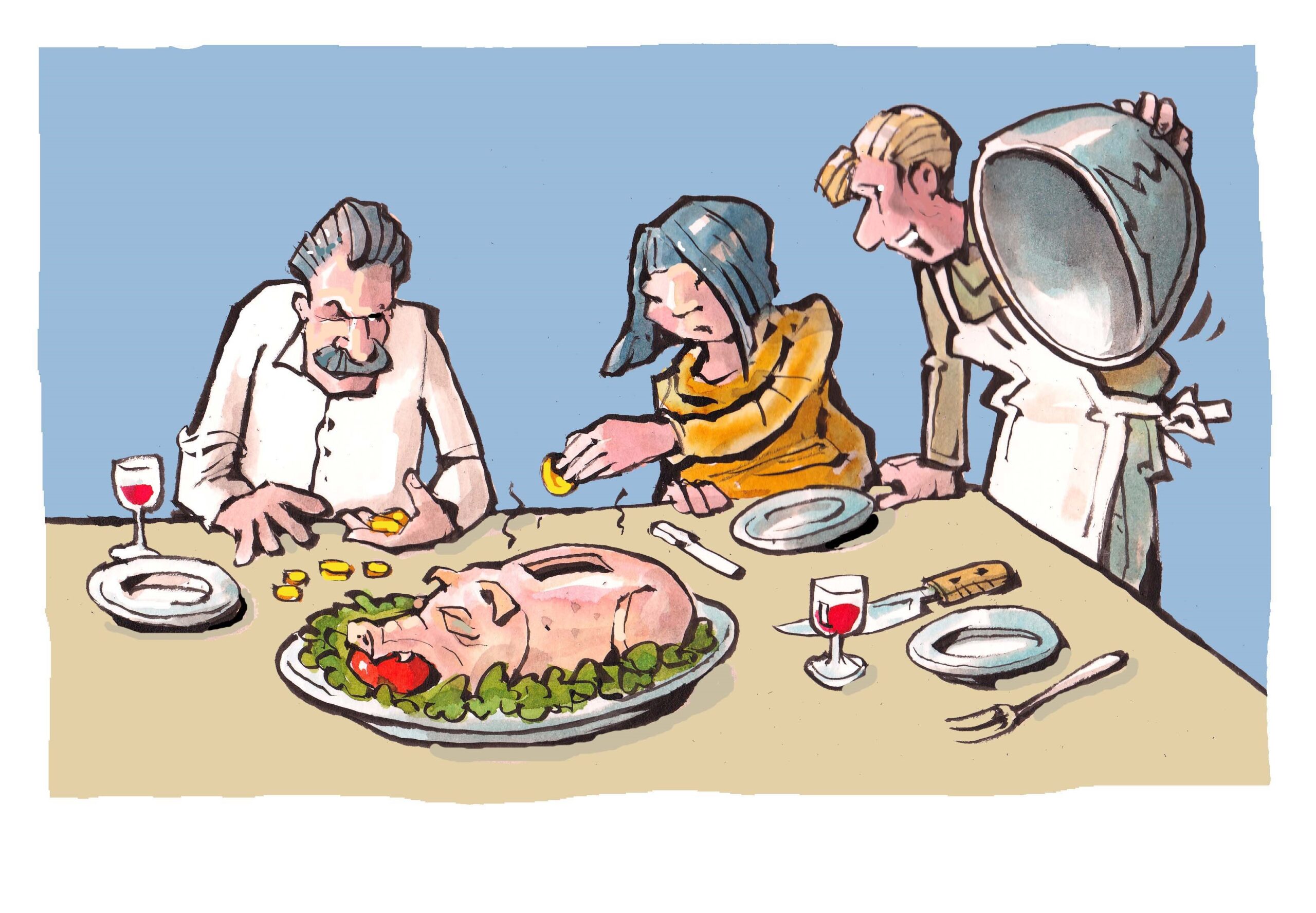During my first month in the Netherlands I invited some new friends for dinner. At the end of a very pleasant evening, one of my guests asked what was in her own words a ‘typical Dutch question’ – whether she could contribute to the expenses. I was speechless. In my culture that is a serious insult!
In Greece, we take entertaining guests for dinner very seriously. We put great effort into preparing the meal, we deliberately over-cater because offering your guests second helpings is part of the etiquette, and we make sure that we present the best of our cuisine. In fact, the Greek word for hospitality is ‘filoxenia’, meaning love for strangers, people outside the family. Attempting to pay your Greek host for a dinner invitation is a grave insult to their hospitality.
Now, a few years later, I look back on this incident differently. There are several aspects of Dutch culture that I find fascinating: the open-mindedness and the lack of social pressure, or – in other words – the high level of tolerance and respect for individual freedoms. People do not hesitate to raise issues such as euthanasia, gay rights and legalization of soft drugs that are taboo subjects in many other places.
I now understand that the desire ‘not to impose oneself on others’ in the Netherlands is very strong. But it is impossible to interact without ‘imposing’ yourself on people at some level, and I still feel that attempts to put a price on everything can be meaningless and even immoral.
This Typical Dutch was first published in Resource on 8 October 2009, and was written by Elissavet Gkogka, a PhD student in the Laboratory of Food Microbiology at the time.
Do you have a nice anecdote about your experience going Dutch? Send it in! Describe an encounter with Dutch culture in detail and comment on it briefly. 300 words max. Send it to resource@wur.nl and earn twenty-five euros and Dutch candy.

 Illustration: Henk van Ruitenbeek
Illustration: Henk van Ruitenbeek